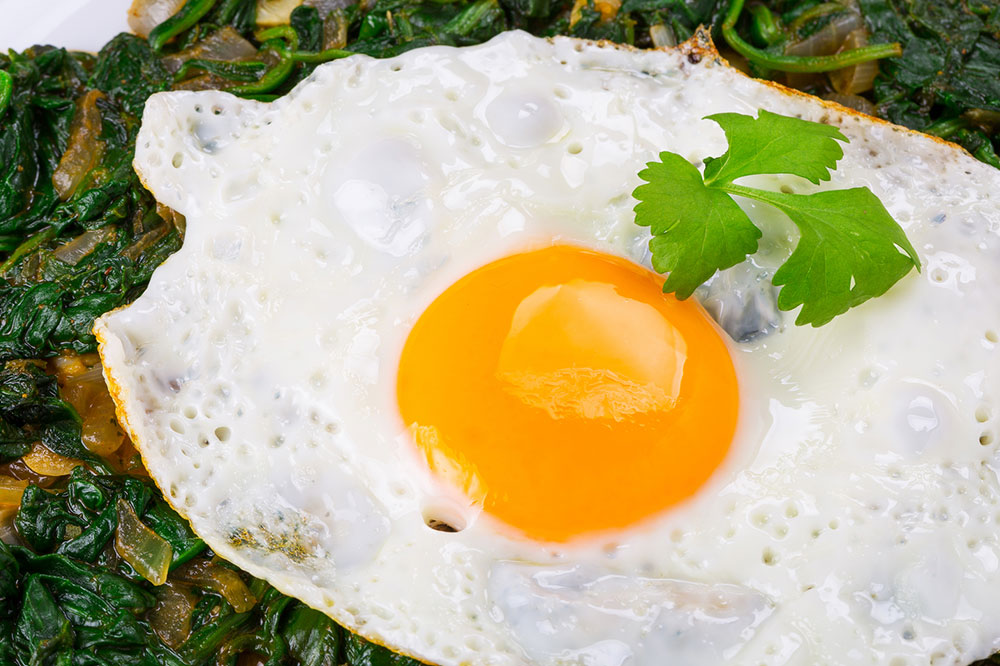
6 Dietary Tips to Effectively Manage ADHD
Attention-Deficit/Hyperactivity Disorder (ADHD) is a mental health condition that can cause abnormal and hyperactive behavior. However, medical experts claim that by consuming nutrient-dense meals and enriching your diet with proteins and vitamins, you will be able to mitigate the symptoms. Read this article to know about certain foods to manage ADHD symptoms effectively.
A diet rich in protein
Beans and nuts are some of the best sources of protein. Eating these foods as mid-time snacks can improve concentration levels and also make your ADHD medications more effective. Protein is a critical nutrient for the brain that helps produce neurotransmitters, also know that as the brain’s chemical messengers. Additionally, a protein-rich diet prevents an increase in blood glucose levels that can keep help control hyperactivity.
Include more complex carbohydrates
Add more vegetables and fruits such as oranges, pears, apples, and kiwis to your diet. Due to their ability to check blood sugar level spikes, they should be consumed in the evening so that they can help you get better sleep at night. These type of carbohydrates also makes one feel full, which may prevent them from snacking on unhealthy snacks such as sugary foods and beverages.
Omega-3 fatty acid
Brazil nuts, walnuts, olive oil, and canola oil are some of the foods that contain Omega-3 fatty acids. Some doctors even recommend taking supplements enriched in these essential fats. Omega-3 fatty acids are necessary for your body to improve your heart and brain health. According to research, consuming more of these healthy fats can work wonders in improving the symptoms of ADHD.
Vitamins and minerals
Some studies indicate that ADHD is linked to low levels of specific micronutrients such as zinc, vitamin D, iron, and magnesium. Therefore, consuming foods such as beans, nuts, peanuts, potatoes, spinach, tofu, etc. are considered to be some of the best foods to manage ADHD symptoms. They supply your body with the essential nutrients that not only help overcome the symptoms but also improve your overall wellbeing by strengthening your immunity.
Eliminate artificial additives
Studies prove that children suffering from ADHD can benefit from eliminating harmful artificial additives found in colorful cereals, candies, cookies, soft drinks, fruit punches, etc. According to the American Academy of Pediatrics, artificial additives may affect growth and development in children. Therefore, these foods must be completely avoided to prevent the worsening of their symptoms.
Limit caffeine intake
Research suggests that taking caffeine in small quantities can help people who are suffering from ADHD as it improves their levels of concentration. However, caffeine can also amplify the effects of their medication that can lead to unfavorable reactions in their bodies. Therefore, adults with ADHD should limit their intake of caffeine, especially when they are on ADHD medications.


